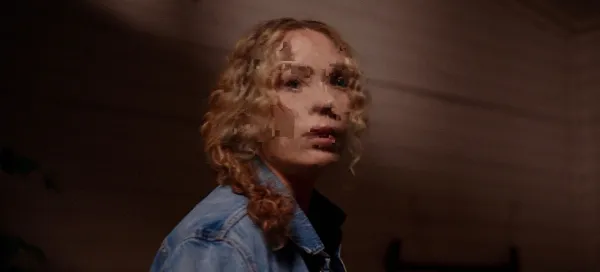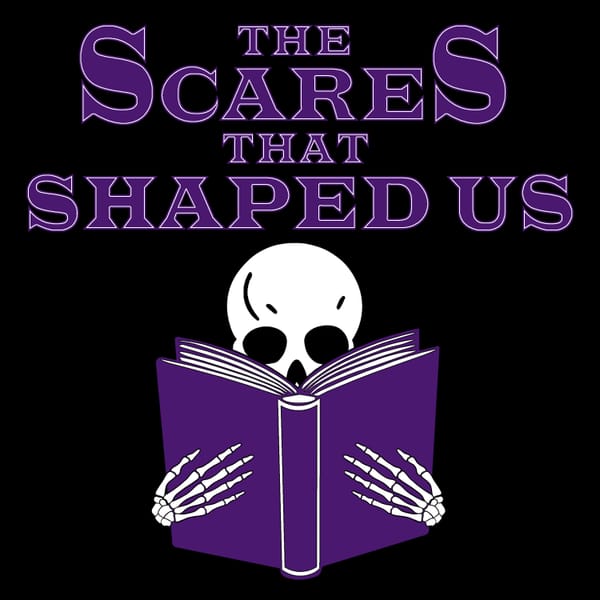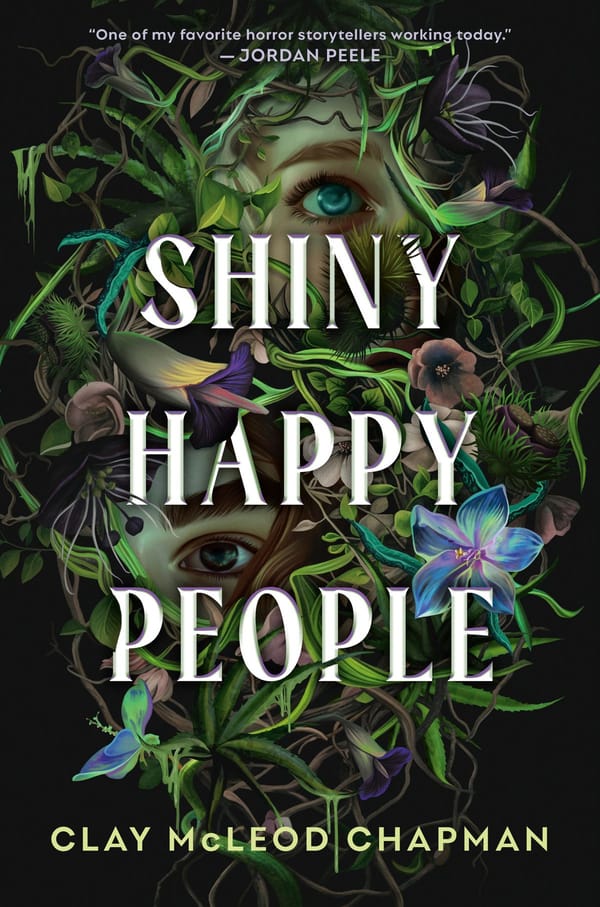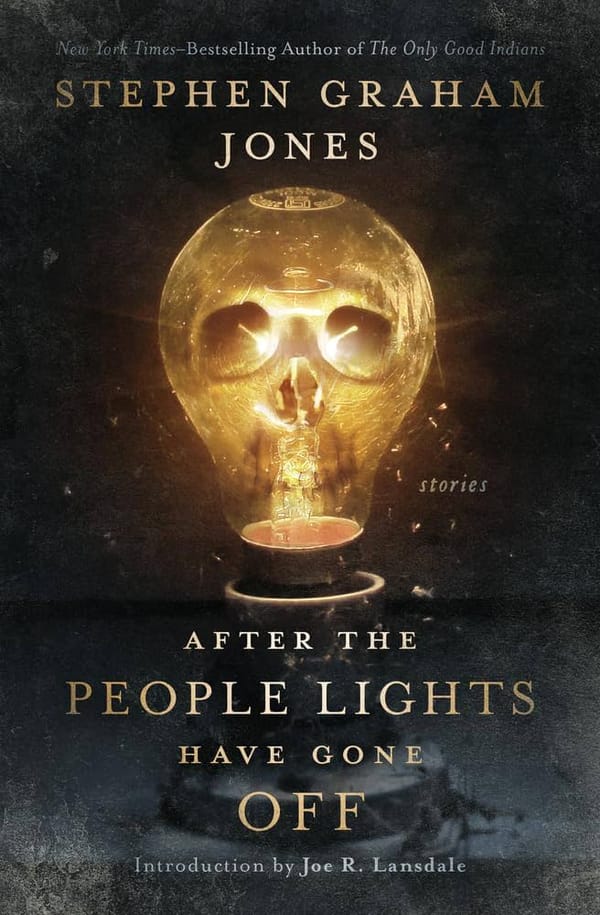Tracing The Shape 27: The Quiet Brilliance of Laurie Strode
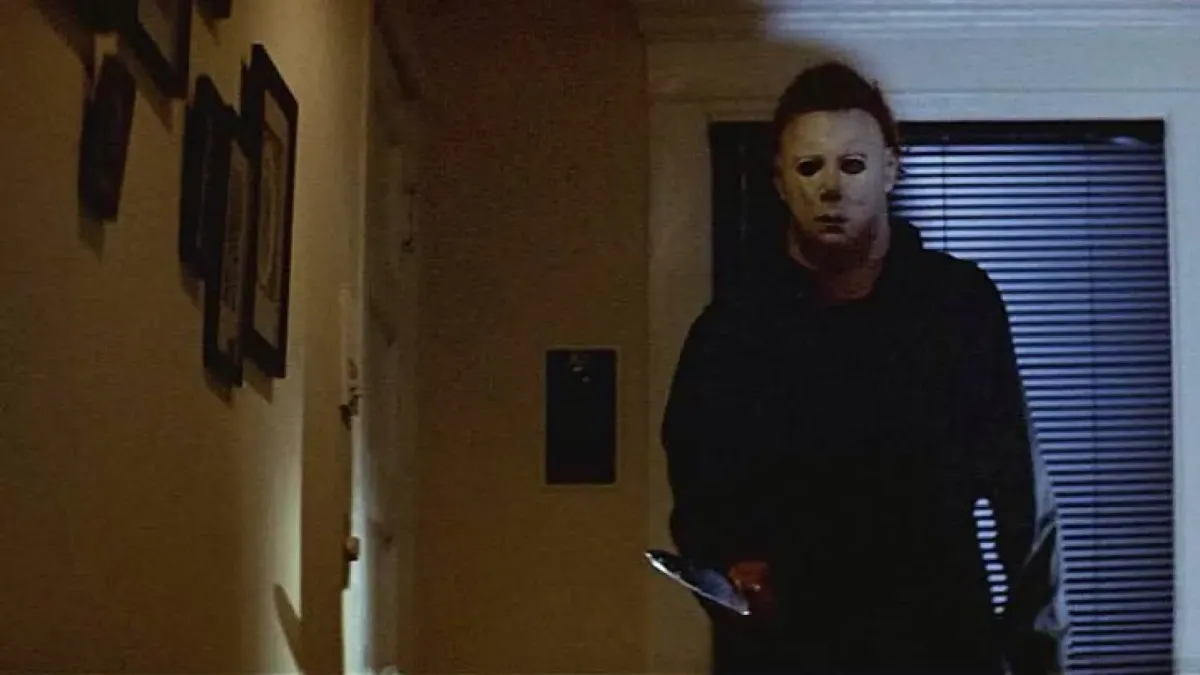
If I've gotten across anything in my writing about Laurie Strode over the past month, I hope I've gotten across just how much I think is going on in this character's head. Everything about her, from the way Carpenter and Hill scripted her to the way Carpenter paces out her scene to the way Jamie Lee Curtis plays her, is designed to let us know that the wheels in her head are constantly spinning. She has time for dreams, yes, and fantasies, but not much gets past this girl.
And I think that tells us something, without even realizing it in the moment, about how Laurie will behave when the shit really hits the fan. The more I watch this movie, the more I'm convinced of something about her, something I relate to as someone who was the weird kid with trouble dating in high school.
Laurie Strode has absolutely thought about what she'd do if this very thing happened to her.
It might not have looked exactly this way, and she might not have pictured it involving so many of her friends dead around her, but she's pictured herself with a maniac on her tail, or a sex creep, or a plain-old thug, and she's pictured what she might do in response. I know this instinctively based on what I know about Laurie, but I also know it because of all the women I know who've had to think these thoughts themselves, and all the children who've had to rehearse for it in schools.
The rise of the serial killer phenomenon in America, from the Zodiac to Manson to Bundy, around the decade-plus leading up to Halloween, means that everyone had to think about this exact scenario, what they might do if cornered by a madman. These days we tend to think about death in America on a, sadly, bigger scale, but Halloween works because it's a sincere portrayal of violence, of evil, intruding on the most intimate parts of our lives, and whether we're thinking big or small, that still haunts all our nightmares.
It is the most tragically natural thing about Laurie, and it's why she still stands as one of the ultimate horror heroines.
And you don't have to resort to magical thinking to believe this. Laurie spends much of the front half of the movie suspecting something is off in Haddonfield. She tries to convince herself that she's wrong, but she's shaky the whole night, particularly when Tommy starts screaming about "The Boogeyman." She doesn't just want him to be quiet. She needs him to be wrong, because if he's right, she's right too.
Then, the instant she gets confirmation that something really is wrong, that a nightmare has come true, she reacts. She takes a fall from a second-floor landing, mangles her leg in the process, and then just gets up and does the next reasonable thing she can think of. When her efforts to summon help don't work, she tries to barricade herself in the Doyle house. When that doesn't work, she arms herself.
Now here we are at the top of the stairs, and that hasn't worked either. Michael's not dead, just wounded, and more determined. Laurie remains calm despite her fear, preparing the kids to leave the house and then, when Michael comes up the stairs, barricading them in a locked bedroom.
Here's where Laurie's preparation, and imagination, become something else, because this moment is so loaded with meaning. Laurie believes she's just killed someone. She is certain, you can see it in her eyes, that she has ended another person's life, and she's not even out of high school. This is the face of a young woman who knows that she is not the same person anymore, and yet there is no time to reflect, to even absorb that, because the kids are right there, and the maniac is right there, and you're the only thing between them.
So she gets them squared away, and then instead of leaving the house – rolling the dice with the kids' lives in exchange for nearby help that might never come – she stages the room to look like she left, then hides in the closet. She does all of this in the span of roughly 15 seconds.
This sequence of events, and Laurie's efforts to buy time and get the kids out of the house, is so improbable that it feels impossible to imagine, and yet because John Carpenter and Debra Hill did imagine it, we have to consider that Laurie Strode does as well. That's a bit meta and esoteric even for me, but when you get to know any piece of art this well over this long, the line blurs a bit. You're always watching a story and the process of storytellers making a series of choices, so technique becomes magic, magic becomes technique. I'm not saying it's magic necessarily, but I am saying that Laurie is the kind of person who, the movie has well-established, notices things. She pays attention. She can answer questions in class when she's barely listening.
She's the kind of person who would look over any space, particularly when she's in that space as a designated, hired caretaker, and see the ways out, the bastions of safety. Down here in Texas, when you move into a new place the first thing you do is clock where you'd shelter during a tornado warning. Laurie has that, but in a teenage babysitter's realm, where thinking fast might be the only thinking you get when things go wrong.
Add her attention span to her intelligence, her awareness, and her quick wit, and place all of that in the pressure cooker of fear and despair, and you've got brilliance. Laurie Strode feels made for this moment, because of course, in a way, she was. This is her purpose narratively, but because of the writing, and the tone, and the performance, this is also her purpose emotionally. Michael's arc might be the most dramatic in the film, and Loomis' might be the saddest, but Laurie's is by far the deepest and most emotionally mature of the three. It's what makes it all feel like destiny.
It's what makes you believe she will win.
